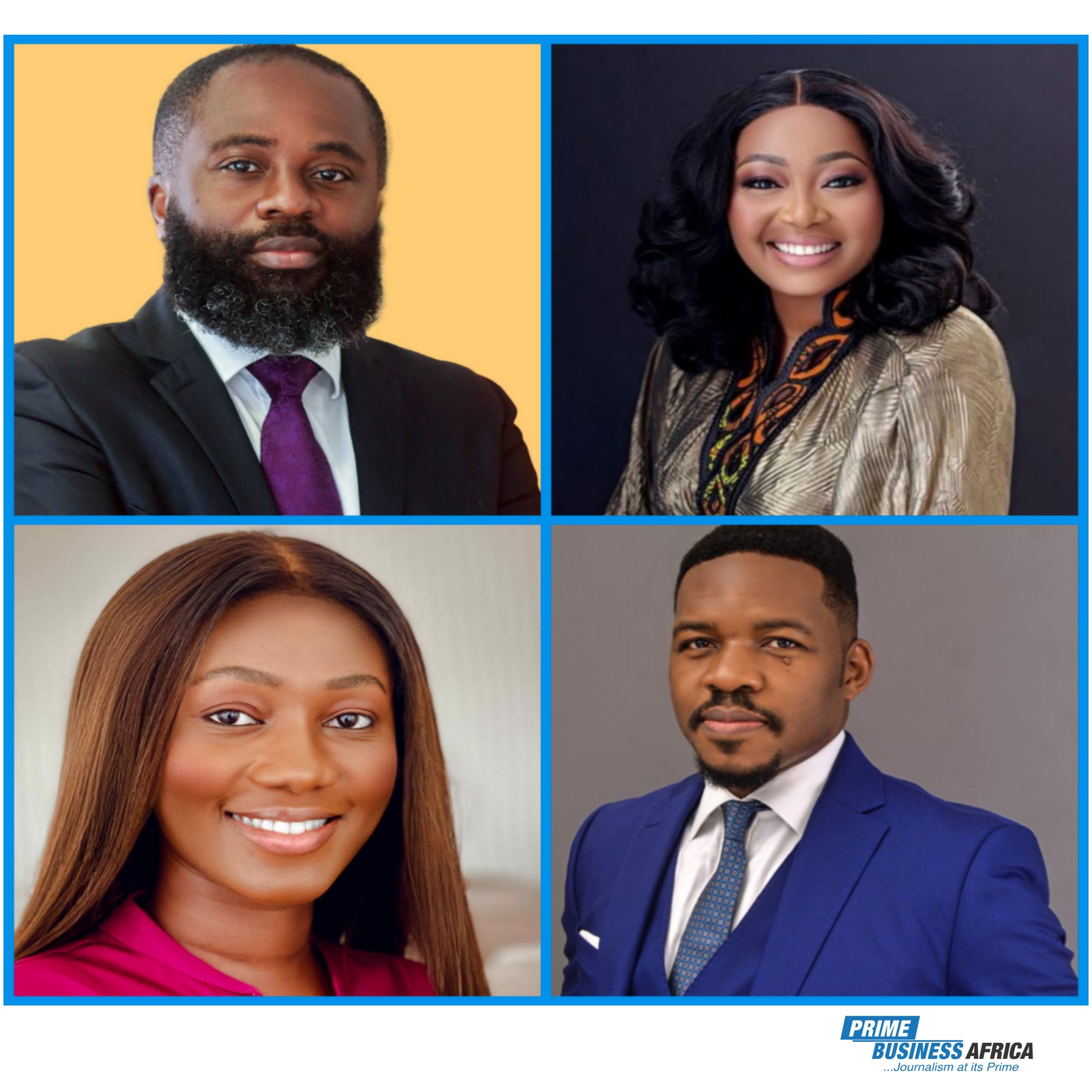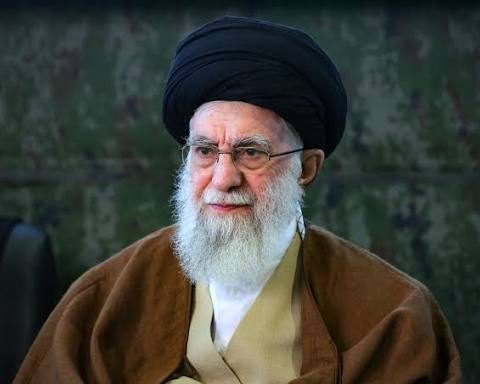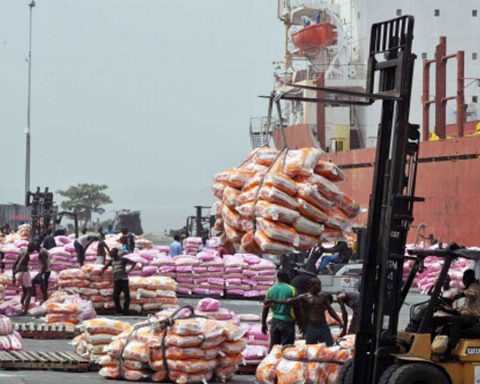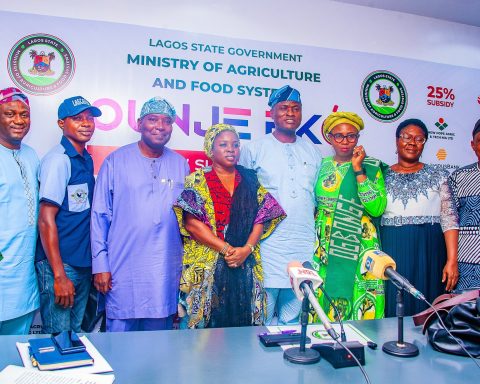At the 30th UN Climate Conference (COP30) on November 20, 2025, Sahara Group’s Governance and Sustainability Manager, Tejumade Tejuoso, delivered a rallying cry for Africa: scale up nature‑based solutions or watch the continent’s hard‑won development slip away.
“For Africa, this is a crucial moment to build strong resilience systems and access the right kind of financing,” she told delegates. “We must transition in a way that benefits us, justly and responsibly, and that means keeping development firmly at the centre.”
Join our WhatsApp Channel
Tejuoso reminded everyone that, despite contributing only a fraction of global emissions, Africa bears the brunt of climate shocks. The answer, she said, lies in massive, well‑funded, and locally‑led nature projects that protect lives, livelihoods, and ecosystems.
The “Adopt‑a‑Forest” push
Sahara Group is backing its words with action through the Adopt‑a‑Forest initiative, aiming to plant at least 1 million trees across its African footprint. To date, the conglomerate has rolled out a suite of projects:
Côte d’Ivoire: Restoring a 34‑hectare arboretum and upgrading facilities at Banco National Park.
– *Nigeria:* Landscape regeneration with 23,900 trees already in the ground.
Ghana: Rehabilitating 15 hectares of degraded land in the Juaso District.
Kenya: Boosting mangrove restoration – 10,000 seedlings plus 3,100 mature trees planted.
READ ALSO: Sahara Group Targets 350,000 bbl/d, Acquires 7 Rigs to Boost Upstream Operations
Cameroon & Tanzania: Forest‑recovery programmes that have yielded roughly 2,000 trees so far.
“Our work is rebuilding natural ecosystems, enhancing carbon sequestration potential, and strengthening community resilience,” Tejuoso explained. “We are working to adopt as many forest areas as possible to help restore balance to the climate.”
Getting ahead of new reporting rules
Sahara is also gearing up for the upcoming *IFRS S1 and S2* sustainability disclosure standards, which become mandatory for public‑interest entities in 2028. The company says it’s already mapping gaps and embedding the frameworks across its operations.
“We are already assessing our gaps and integrating these standards across our operations to ensure Sahara remains ahead of global requirements,” she affirmed.
Why it matters
The message from Belém echoes a broader call at COP30: African nations and private players must seize the negotiation window to secure fair climate finance, deepen adaptation, and fortify regional preparedness. With a continent‑wide tree‑planting drive and a commitment to transparent, standards‑ready reporting, Sahara Group is positioning itself as a key player in Africa’s climate‑resilience story.
According to Dele Oyewale, Head, Media & Publicity, Sahara Group, the full text of Tejuoso’s remarks and Sahara’s project portfolio are available on the company’s website.
- Editor
- Editor
- Editor
- Editor
- Editor













